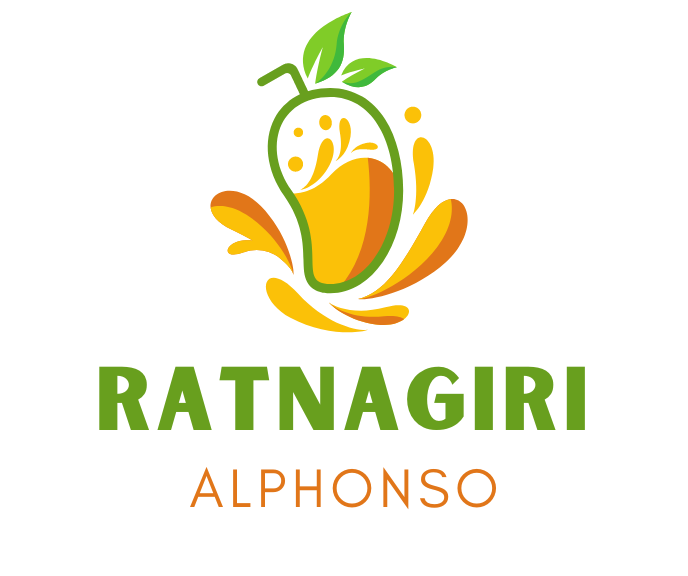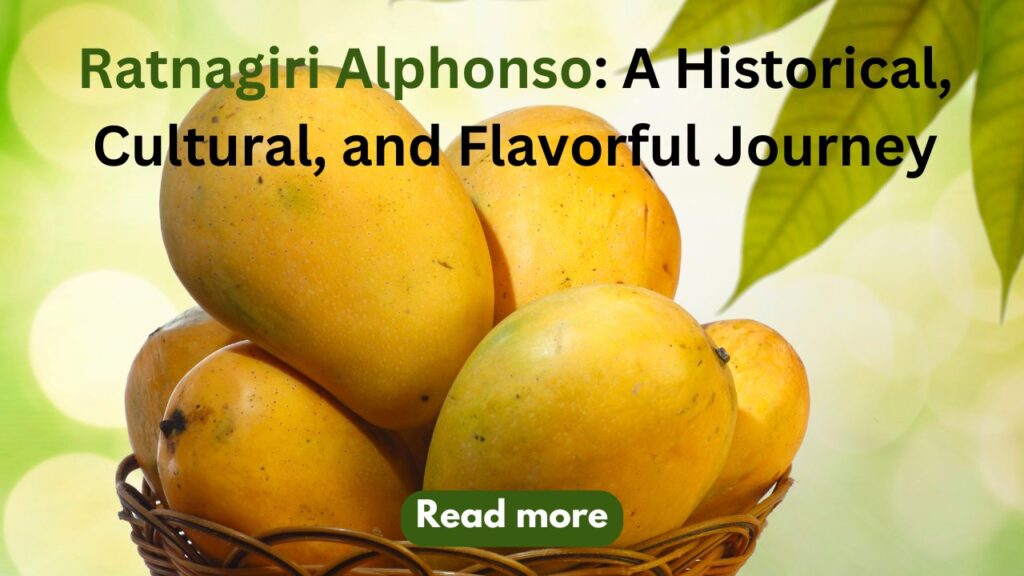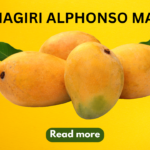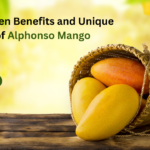The Alphonso mango, who is frequently referred to as the “King of Mangoes,” is particularly beloved by mango devotees all around the world. This magnificent fruit is an important component of historical and cultural legacy in addition to being a delicious delight. Come explore the cultural significance, historical background, and distinctive flavour profile of the famous Alphonso Ratnagiri mango.
Historical Roots
The first recorded cultivation of the Mangoes Alphonso dates back to the 16th century in India, when Portuguese settlers planted it in the Goa region. The Alphonso mango, so named in honour of Afonso de Albuquerque, a Portuguese general and military specialist who assisted in the founding of Portuguese colonies in India, rose to fame as a representation of superior mango growing.
Growth and Cultivation
Mangoes Alphonso are mostly grown in the Konkan region of Maharashtra, particularly in Ratnagiri, Devgad, and Sindhudurg. These coastal regions’ distinct temperature and soil types are ideal for the growth of mangoes. The ideal conditions for the development of the distinctive sweetness and golden hue of these mangoes are laterite soil that is rich in minerals and warm, humid weather.
Cultural Significance
Alphonso Ratnagiri mangoes are deeply embedded in Indian culture. They are often featured in traditional festivals, religious ceremonies, and special occasions. The arrival of Alphonso mangoes marks the onset of the summer season, eagerly awaited by people who celebrate with mango-centric dishes and desserts. The fruit is also a popular gift during festivals like Diwali and Gudi Padwa, symbolising prosperity and good fortune.
Flavor Profile
The unmatched flavour of Ratnagiri Alphonso mangoes is what makes them unique. Alphonso mangoes are prized for their rich, creamy texture, delicate flavour that strikes a balance between sweetness and a hint of acidity, and distinctive perfume that is symbolic of tropical flowers. They are a favourite element in many different creative creations, ranging from current fusion dishes to classic Indian sweets, because of their unique flavour.
Worldwide Attraction
Alphonso mangoes are a desirable delicacy in worldwide markets due to its attraction that exceeds national boundaries. Mango lovers all over the world can enjoy the extraordinary flavour of Alphonso mangoes because they are imported from countries like the United States, Japan, and the United Kingdom during harvest season.
Conclusion
Alphonso mangoes are more than just a fruit; they are a journey through history, culture, and flavour. From their origins in 16th century India to their status as a global delicacy, Alphonso mangoes continue to enchant and delight those who experience their unique charm. Whether enjoyed fresh, in a dessert, or as part of a savoury dish, the Alphonso mango remains a timeless symbol of excellence in the world of fruits.
FAQs
- Why are Alphonso mangoes called the “King of Mangoes”?
Alphonso mangoes are referred to as the “King of Mangoes” because of their great flavour, texture, and fragrance in addition to their historical and cultural significance in India.
2.When is the Alphonso mango harvest season?
Alphonso mango harvesting usually begins in late March and continues until early June. Mango devotees eagerly await this time of year to celebrate the advent of this wonderful fruit.
3.How can you tell if an Alphonso mango is ripe?
The colour of a ripe Alphonso mango is usually vivid golden-yellow with a hint of red. It should smell pleasant and fragrant and feel firm but yield slightly to light pressure.



